As I sit down to reflect on my journey from the early days as an Engineer to my current role as a transition coach at 74, I'm reminded of a pivotal moment that reshaped my understanding of change. It was a simple insight shared by a consultant, "It's not about the numbers, it's about how people feel about the change," that led me to realize change is indeed an "inside" job. This epiphany has guided me through countless transitions, not just in my professional life but in the personal realm as well, especially as I navigated the shift towards retirement.
For many of us, the twilight years of our careers present a paradox. The prospect of retirement brings with it excitement for the future yet also a sense of trepidation about stepping away from a lifetime of routine and identity built around our work. It's a transition that requires not just a change in our daily schedules, but a profound transformation in our mindset and approach to life. Here, the art of change management becomes a critical ally.
The Essence of Adaptability in Encore Life Planning
Traditionally, change management is a concept applied within the corporate world to guide organizations through transition. However, its principles are just as pertinent to our personal lives, especially as we embark on the journey of retirement. This phase, which I like to call the "encore life," is not about winding down but rather about embracing new opportunities with vigor and enthusiasm. As Winston Churchill wisely put it, “To improve is to change; to be perfect is to change often.” Perfection in our encore lives means continuously seeking joy and fulfillment, evolving our passions and interests.
The Interplay of Change Management and Encore Living
Transitioning into encore living is essentially about redefining who we are beyond our professional titles. It's a time to explore and commit to new paths that are aligned with our deepest passions and the legacy we wish to leave. The stages of change—from denial and resistance to exploration and commitment—mirror the emotional journey many of us experience as we approach and enter retirement.
Crafting the New Status Quo
The beauty of encore life is in its dynamism. It offers us a canvas to redefine norms and carve out a lifestyle that truly reflects our innermost desires. This period is an invitation to live life in full color, embracing the wisdom of figures like RuPaul, who reminds us that life is about using "the whole box of crayons."
Next Steps to Cultivate Change Management for Your Encore Life
Embarking on this vibrant chapter requires intentional change management. Start by assessing your strengths and areas for growth. Define what a meaningful, engaging encore life looks like for you. Embrace lifelong learning, build a supportive community, and develop a flexible plan that can evolve with you. Remember, change is a constant companion on this journey, and your ability to adapt and refine your path will be key to experiencing the full richness of your encore life.
As we navigate these waters, let us be inspired by the wisdom of Socrates, "The secret of change is to focus all of your energy not on fighting the old, but on building the new." Your encore life is a grand adventure waiting to be embraced with open arms and a willing heart. At LynnFriesth.com, we're here to support you every step of the way, ensuring that your transition into this exciting new chapter is managed with grace, purpose, and zest.
Let's embark on this transformative journey together, crafting an encore life filled with new discoveries, meaningful engagements, and boundless joy.
Now, I’d love to hear from you.
Thoughts?








